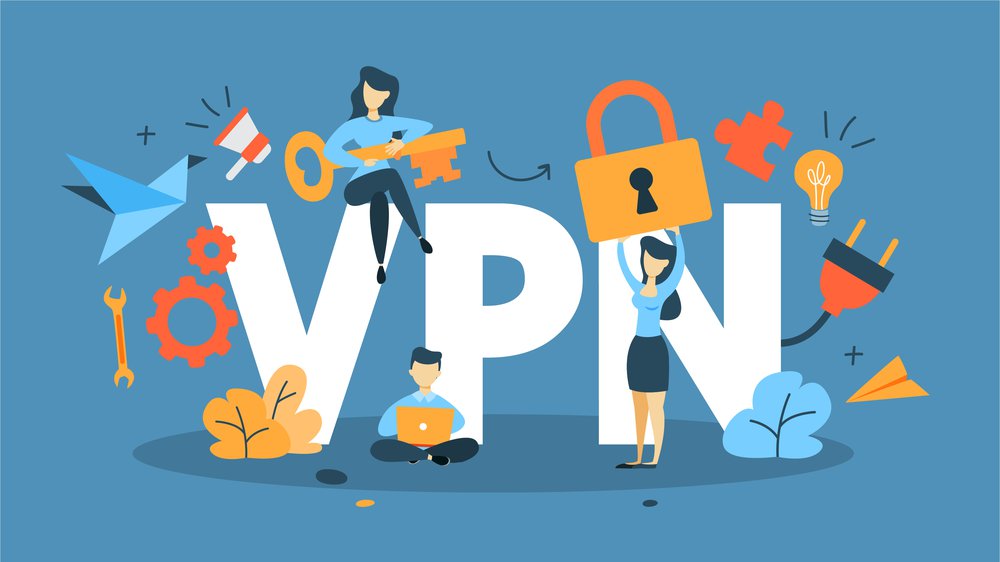When it comes to privacy protection, one of the most popular tools is a VPN. Over the years, the interest in VPNs has increased, especially post-Snowden. A VPN encrypts traffic data so that not even the NSA can see through the jumble. Additionally, VPNs are great for circumventing censorship. Even The Great Firewall in China is penetrable with a good VPN.
Unfortunately, VPNs’ increasing popularity has also created an opportunity for questionable free VPNs to take advantage of users. This shouldn’t come as a surprise. Ordinarily when an app or a program is free, you (and your data) are most likely the product that the company is really selling. In the case of free VPNs, expect to have your data collected, analyzed, and sold. Users’ bandwidth and real IP addresses are equally endangered. Here’s what can go wrong with free VPNs.
Reasons why you should be wary of free VPNs
1. May contain malware
Penetrating your device is always the first and hardest step for malware, which is why many are disguised as freeware so users download them voluntarily. Often, the hacker(s) create a copy of software or an app with high demand, for instance, a VPN, or design their own and provide it for free after inserting malicious codes in the source code. After installation, the malware then takes root and infects your device from where it serves its purpose.
You should always perform a malware scan on the software before installation and again on your device after installation to guarantee the security of your device whether the app is free or paid.
2. Invasive app permissions
One of the worst practices when installing the software in your device is not checking the app permissions and legal agreements. These VPNs have permissions that allow them to collect more data than is necessary, such as activating your camera or microphone to spy on you, reading through your text messages and your internet activities.
Good VPNs give reliable privacy protection without collecting any personal information. Some even go so far as not storing any user logs, allowing for an extra layer of privacy even against legal pressure. On the other hand, free VPNs tend to collect user data and ask for questionable control of certain device features or functions.
It is always recommended that when you install a VPN or any other software, free or otherwise, you should check the app permissions and the terms and conditions. In the case of freeware, you’re advised to delete the app immediately unless there’s a way to deactivate certain invasive functions like location tracking.
3. Data Leaks
Credible VPNs protect against data leaks such as DNS leaks, webRTC leaks, and IP address leaks. Such data leaks run counter to the core function of a VPN to guarantee the privacy of your traffic. Each of the data leaks compromises your online privacy by exposing your identity in one way or the other. For instance, should the IP address be leaked, the information can be used to trace your physical location.
Data leaks can simply be a result of bad development, which can be reasoned to a lack of resources. Your traffic passes through multiple nodes between the device and the internet in a VPN. It’s not easy to leak-proof every node of the way, which is why good is worth the price tag.
If you’re paying for good service, rest assured that the app has your best interest in mind. Otherwise, don’t expect freeware to put privacy first.
The Upshot
Given the option between free and paid VPNs, you should always choose the paid option since it provides a better guarantee on privacy and security. Nevertheless, that doesn’t mean that all free VPNs are automatically bad and all paid VPNs are good. Regardless of your choice, you should always conduct your due diligence by reading reviews, testing out the app in free-trial, and comparing it to other quality VPNs before installation.
About the Author
At TurnOnVPN, Brad Smith writes about his dream for a free internet and in his free time, unravels the horror behind big techs.











